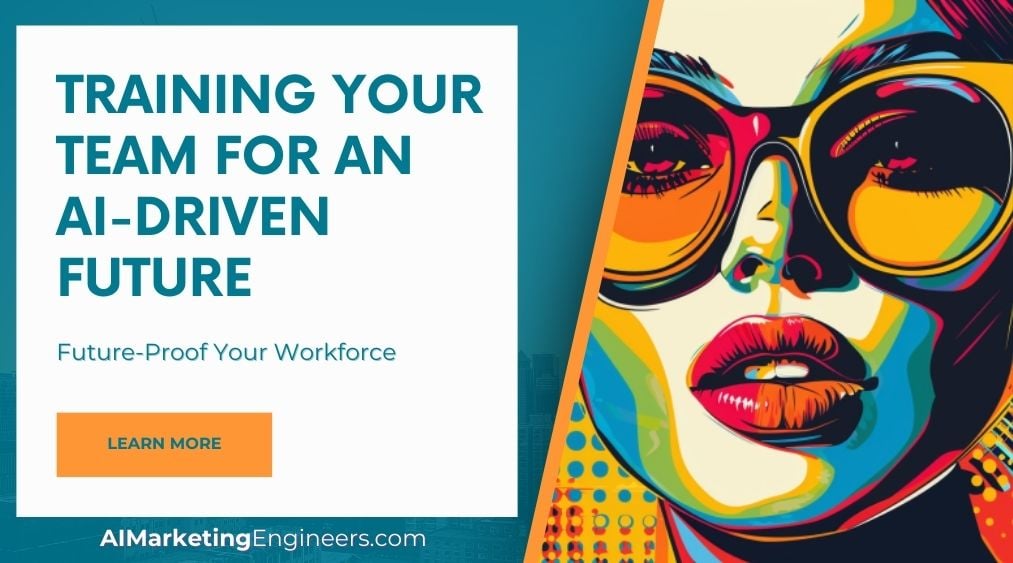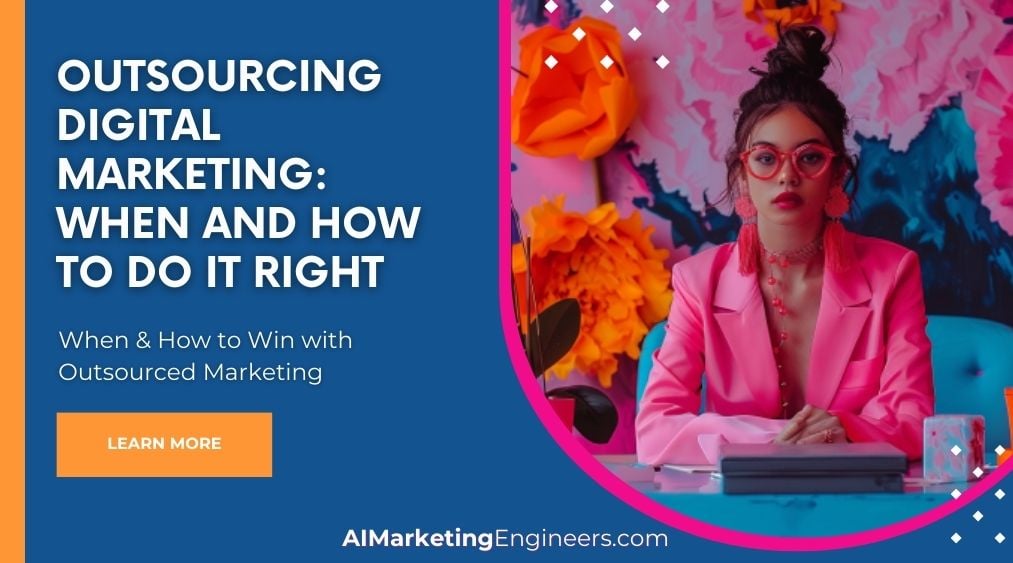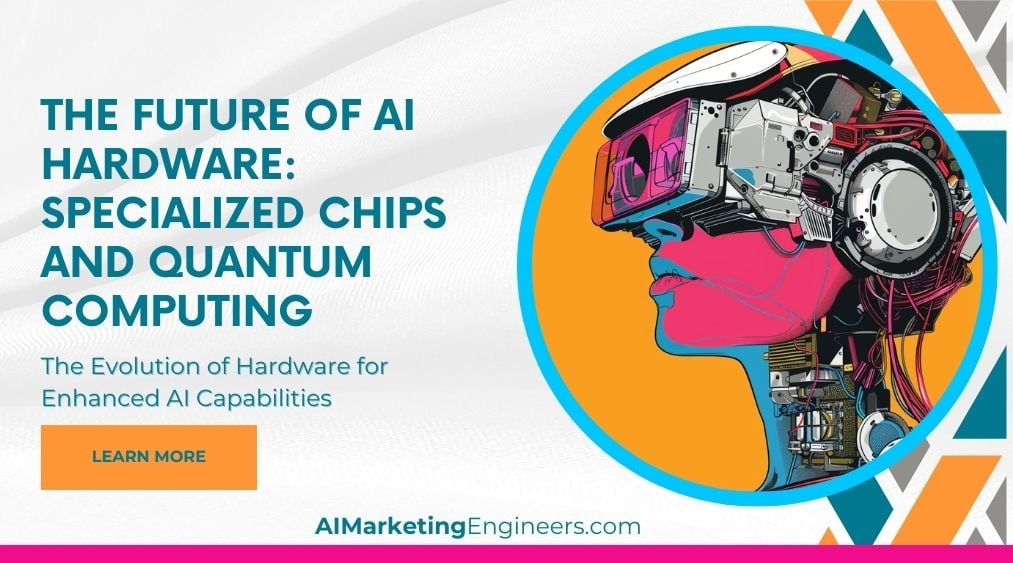Key Takeaways
✅ Emphasize on AI Literacy and Continuous Learning: Did you know that by 2025, it's estimated that AI could add around $13 trillion to the global economy? To tap into this potential, it's important to start building AI literacy within your team. Begin with the basics of AI, its applications, and how it might shake up your industry. Push for ongoing education—workshops, courses, and talks that keep your team sharp and informed.
✅ Upskill and Reskill Your Team: Machines might be smart, but they can't beat the human touch. What they can do is change the way we work. About 14% of the workforce may need to switch job categories by 2030 because of AI. To stay ahead, provide training that helps your team understand data, use new tools, and work with, not against, the machines.
✅ Foster A Collaborative and Innovative Mindset: Around 73% of businesses say AI is essential for their strategy, but for it to work, your team needs to think differently. Teach them to work together, to see AI as a partner, and to be ready to innovate. Cultivate a space where new ideas are as welcome as old ones, and the fear of failure doesn't hold back progress.
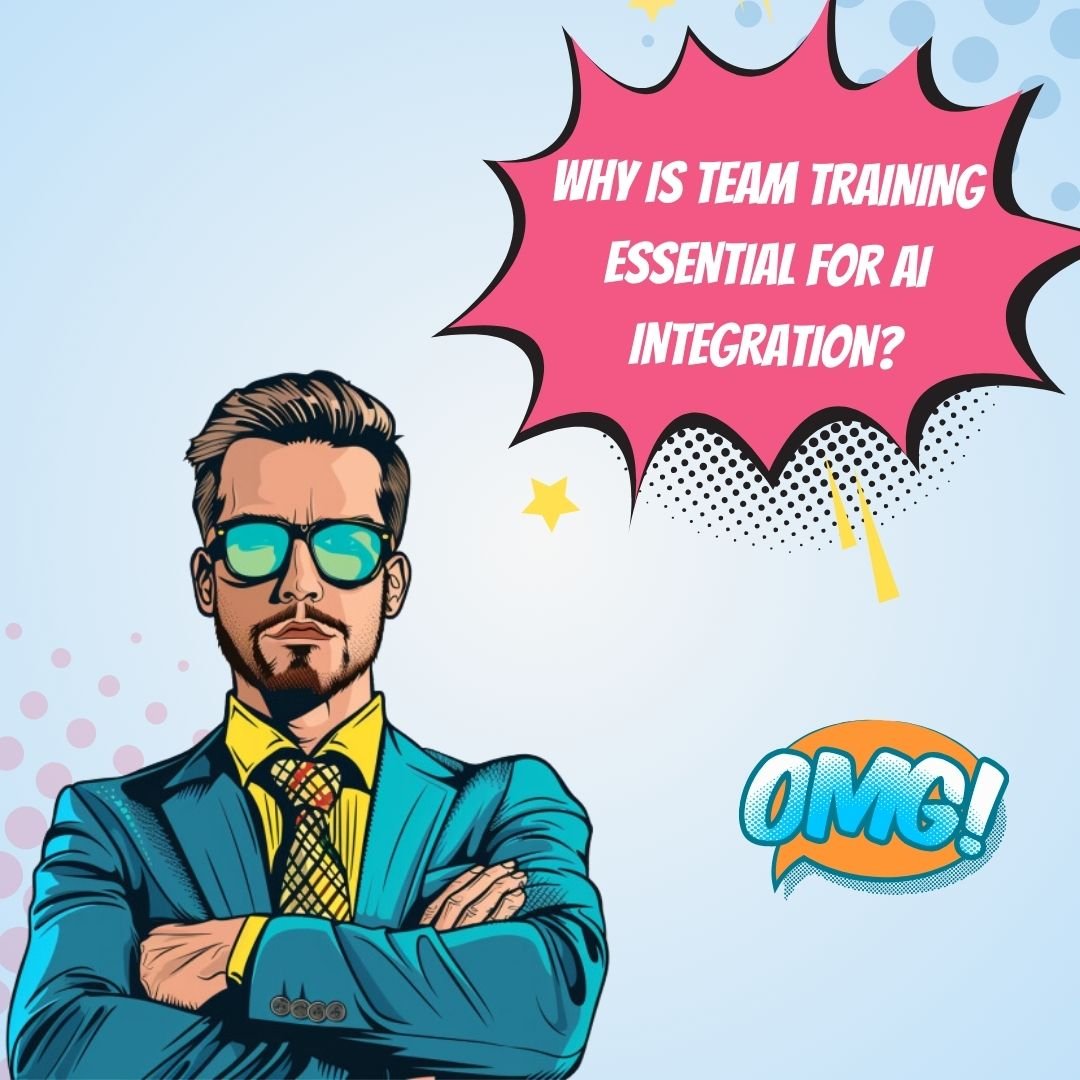
Introduction
Is your team ready for the future? The world's buzzing about AI and its impact on work—and with good reason. AI's not just a cool new gadget; it's changing the game across all industries. From making processes faster to opening up entirely new markets, the benefits of jumping on the AI train are huge. But to really make the most of it, your team needs to be in the right shape, skills-wise.
Let's take a peek into some success stories: Think of businesses that have transformed their operations, soared in efficiency, and driven up their profits, all thanks to AI. Want a slice of that success? Well, you're in the right spot. This guide's packed with fresh insights and hands-on strategies to supercharge your team's talents and prep them for the AI revolution. By the end of it, you'll have a roadmap to a future where your team isn't just surviving; they're thriving alongside their new digital coworkers.
Dive in and discover how you can be at the forefront, leading a workforce that's not just ready but excited for an AI-driven future. Keep reading to unlock expert knowledge and the best practices that you can implement right away.
Embracing AI in the Workplace
Ever find yourself wondering just how much tech is changing the world of work? Artificial intelligence (AI) isn't just a buzzword; it’s transforming businesses right before our eyes. The benefits are clear: AI can skyrocket efficiency, slice through big data to find those golden nuggets of info, and even take care of the mundane tasks so humans can focus on the creative stuff. But here’s the snag – to make this a reality, your team needs to be as sharp with AI as they are in their current roles. The big question is, how do you get there?
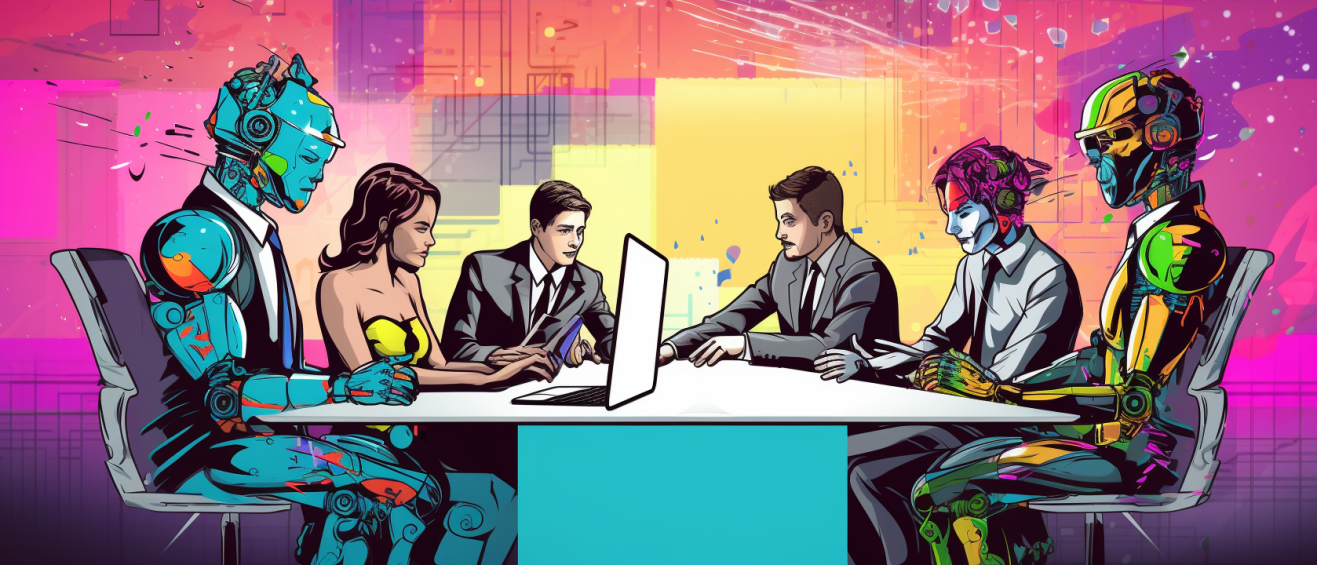
Assessing Your Team's Current Skillset
Ready for a reality check? It all starts with figuring out where your team's at with their AI know-how. Imagine discovering that Joe from sales is a wizard with data analysis, or that Sue in marketing has a knack for automation. How do you uncover these hidden gems? Do a skills gap analysis. That’s fancy talk for seeing who can do what, and what new skills they’ll need to tame the AI beast. Once you've mapped it out, you've got a clearer path to building an AI-savvy team.
Developing a Training Plan
Okay, you know where the gaps are, now what? It’s time to build a training plan tailored just for your crew. Picture this like your GPS for success in the AI journey. You need to pinpoint the exact skills your business needs, like data science or machine learning, and then plot out how your team will master them. This isn't about a one-off workshop; it’s about setting goals, investing the resources, and giving your people the time they need to learn and grow.
Incorporating AI Training into Daily Operations
Training on the fly – can it be done? Absolutely! Integrating AI training into the workday isn’t just efficient, it makes the learning stick. Imagine replacing those sleepy afternoon coffee breaks with a hands-on AI challenge, or having your team apply their fresh AI smarts to a live project. It turns abstract concepts into real-world skills. Plus, make sure there’s a treasure trove of AI resources they can dig into. Because, let’s face it, who hasn’t gotten lost down a rabbit hole of fascinating AI articles and tutorials?

Encouraging a Culture of Innovation and Experimentation
How do you get a team to innovate? It’s not with a one-time pep talk. You’ve got to build an environment where taking risks and trying new things is the norm – where flops and failures are just part of the journey. A place where people are rewarded not just for playing it safe, but for daring to think differently. Encouraging a culture of innovation means shaping a team that’s ready to not just face the future but to create it.
Evaluating and Refining Your Training Program
Think your job’s done once the training plan is up and running? Think again! To make sure it’s not just another forgotten corporate initiative, you’ve got to evaluate and refine your master plan. Keep tabs on the progress, listen to what the team has to say, and tweak the plan as you go. And because AI doesn’t stand still, neither should your training program. Keep it as dynamic and evolving as the technology itself.
By taking these steps to prepare your team for an AI-driven future, you can help turn tech anxiety into tech enthusiasm. It’s about more than just riding the wave of change – it’s about steering the ship. So, are you ready to get started on equipping your team with the AI tools they’ll need for tomorrow?

AI Marketing Engineers Recommendation
Recommendation 1: Embrace a culture of continuous learning: With technology moving at lightning speed, one-off training sessions won’t cut it anymore. Give your team the tools to keep learning. This might mean subscriptions to online learning platforms, regular workshops, and time set aside for personal development. According to LinkedIn's "2020 Workplace Learning Report", 94% of employees say they would stay at a company longer if it invested in their learning and development. Get ahead—make learning a part of your daily routine.
Recommendation 2: Build Multidisciplinary AI Teams: You've heard about sales and tech folks not speaking the same language, right? Well, here’s a thought: bring different disciplines together to learn about AI. Pair your data scientists with marketers, and customer service reps with AI developers. This cross-pollination can foster innovation and deeper understanding. A recent Harvard Business Review article emphasized that AI’s real power comes from combining human intuition with machine intelligence. That collaboration starts with a well-rounded team.
Recommendation 3: Invest in user-friendly AI tools: Make things easier for your team. The tools they use should help, not hinder. Look for AI platforms and applications known for their ease of use, good user support, and engaged user communities. A survey by PwC found that 72% of business executives believe that AI will be the business advantage of the future. By choosing tools that are accessible, you're equipping your team to leverage this advantage sooner rather than later.
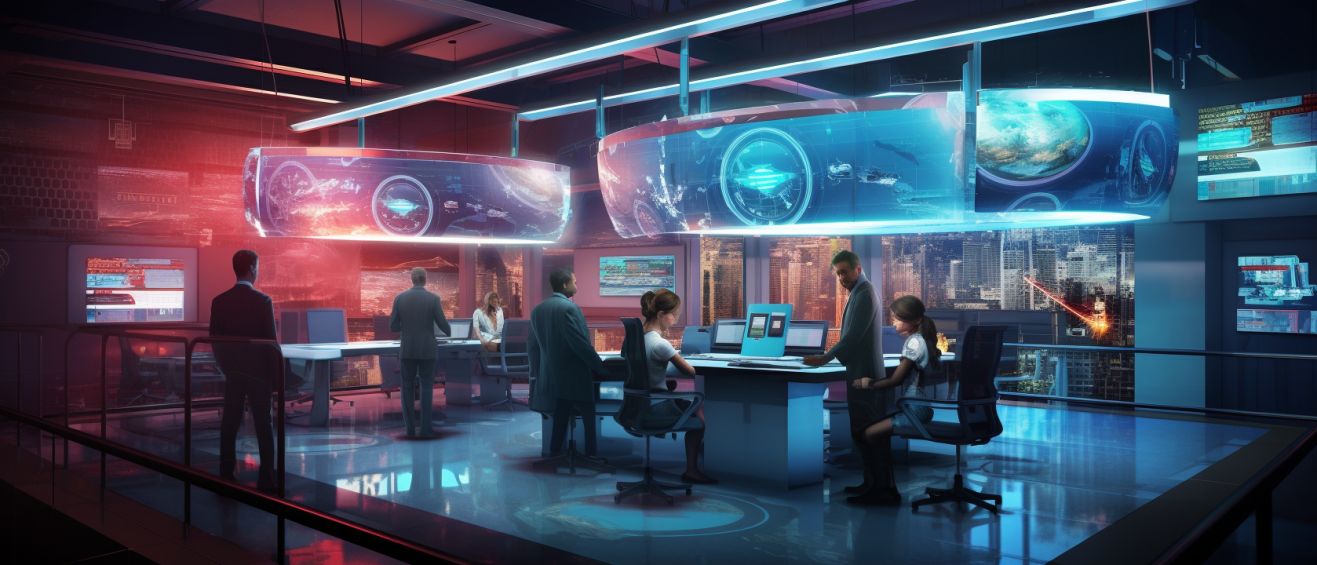
Relevant Links
Maximize Your Earnings with Latest Affiliate Marketing Strategies
Unlock the Secrets to Affiliate Marketing Success
AI Content Creation: The Modern Marketer's Power Tool
Unleashing Creativity with ChatGPT in Marketing
Seize the AI Revolution in Your Marketing Strategy
Incorporating Cutting-Edge AI Tools for Strategic Advantage
Streamlining Operations: AI's Role in Enhancing Efficiency
Revolutionizing Your Business with AI Automation
Cultivating Innovation: The Path to an AI-Savvy Team
Master the Craft of AI with Hands-On Training and Skills Development
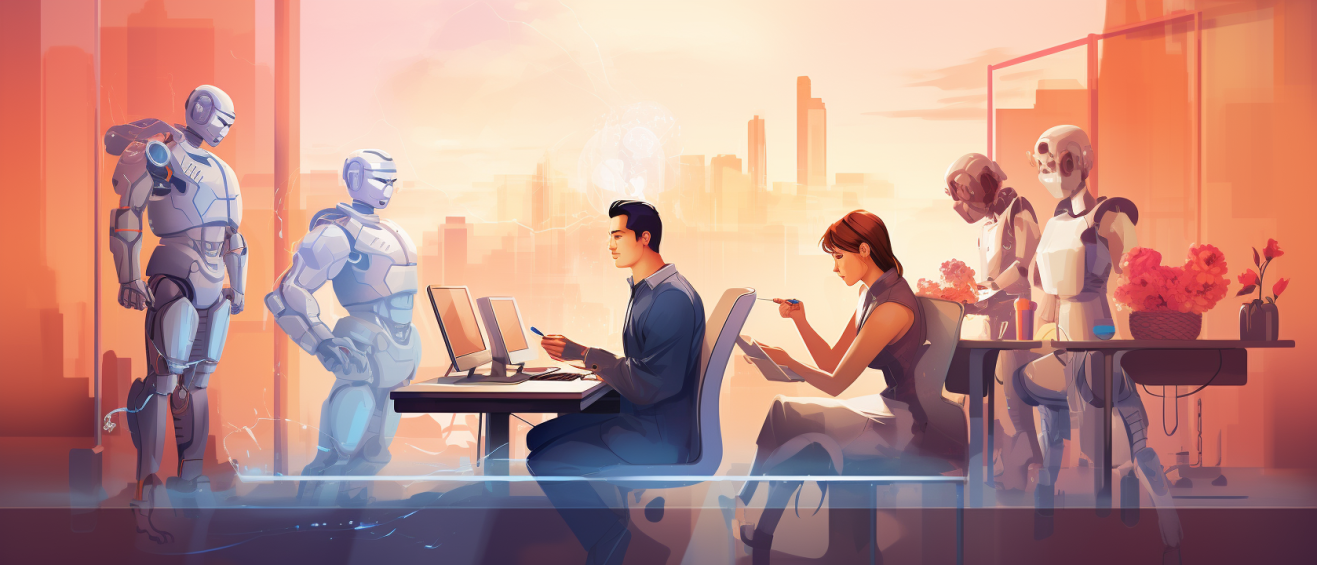
Conclusion
As we circle back to the heart of our discussion, we're reminded why training your team for an AI-driven future isn't just recommended, it's absolutely essential. Think about it: how will your business keep pace with the incredible speed of technological change if your team doesn't understand the very tools shaping the modern workplace?
We've explored the endless possibilities that come with a workforce fluent in AI. From closing the skills gap to integrating AI into your daily grind, the steps are clear. But have you started to picture your team dynamically navigating AI tools, innovating at each turn? Can you see the ripple effect of confidence and experimentation on your business growth?
Consider the training plan not as a one-off workshop but as a garden – it needs regular tending, updates with the latest knowledge seeds, and room for new ideas to bloom. The culture you nurture around AI adoption will define not only your success but also your resilience in the face of inevitable shifts in technology and market demands.
So where do you stand now? Are you ready to foster a thriving environment that celebrates innovation? Remember, a culture of innovation isn't about immediate victories; it's about setting the stage for continuous learning and adaptation, even through the failures and hiccups along the way.
As you prepare to take these insights and convert them into action, ask yourself what first steps you'll take to ensure your team isn't just surviving but truly thriving in an AI-enhanced future. Your team's journey into AI fluency starts now—and there's no better time than the present to embark on this transformative path.
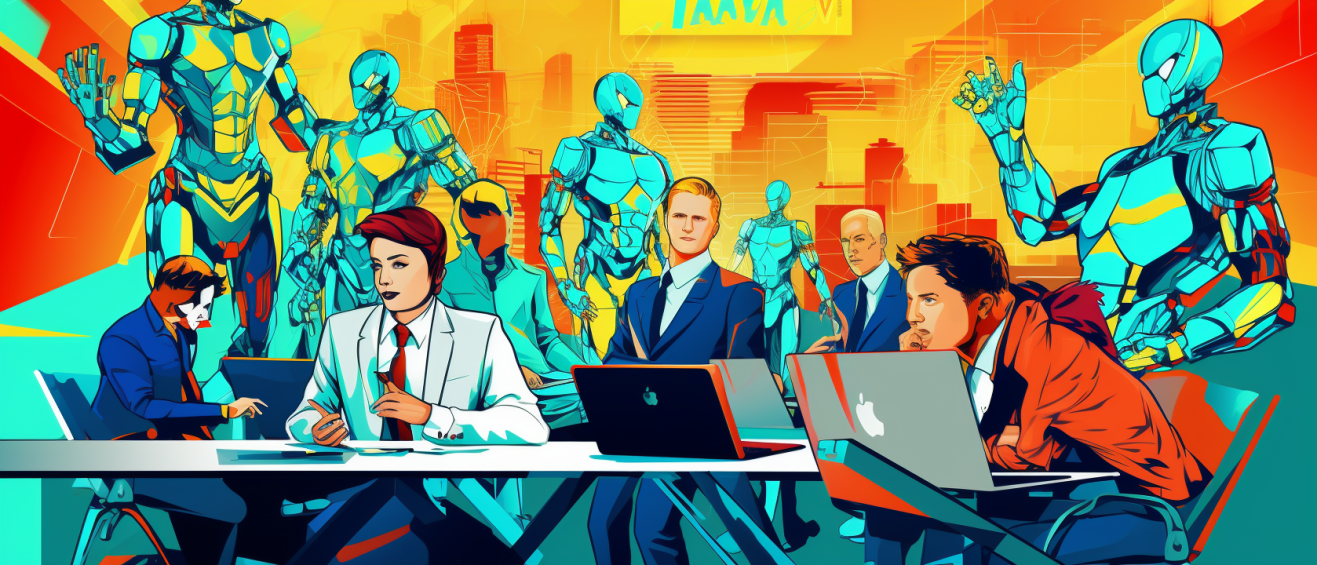
FAQs
Question 1: What is the importance of training my team for an AI-driven future?
Answer: As AI technology continues to evolve, it's crucial to equip your team with the necessary skills to adapt to the changing landscape. This will help your organization stay competitive, innovate, and leverage AI to its full potential.
Question 2: What foundational concepts should my team learn about AI?
Answer: Your team should understand the basics of machine learning, deep learning, natural language processing, and computer vision. Additionally, they should be familiar with AI ethics, data privacy, and bias mitigation.
Question 3: What advanced AI topics should my team be aware of?
Answer: Advanced topics include reinforcement learning, generative adversarial networks (GANs), transfer learning, and neural architecture search. Understanding these concepts can help your team develop more sophisticated AI solutions.
Question 4: How can I ensure my team stays up-to-date with AI advancements?
Answer: Encourage your team to attend AI conferences, webinars, and workshops. Additionally, they can read AI-related publications and follow thought leaders on social media. Some relevant hashtags include #AI, #MachineLearning, #DeepLearning, and #DataScience.
Question 5: What practical advice can I give my team for working with AI?
Answer: Emphasize the importance of data quality and cleaning, as well as effective communication between team members. Encourage your team to experiment with different AI models and techniques, and to document their work for future reference.
Question 6: How can I measure the success of my team's AI training?
Answer: You can measure success by tracking your team's progress in learning AI concepts, their ability to apply AI to real-world problems, and the impact of their AI projects on your organization's goals.
Question 7: What resources can I use to train my team in AI?
Answer: You can use online courses, such as those offered by Coursera, Udacity, and edX. Additionally, you can consult academic references, such as "Hands-On Machine Learning with Scikit-Learn, Keras, and TensorFlow" by Aurélien Géron.
Question 8: How can I create a culture of AI innovation within my organization?
Answer: Encourage collaboration, experimentation, and a growth mindset. Provide your team with the necessary resources, such as data, computing power, and AI tools. Additionally, celebrate successes and learn from failures.
Question 9: What are some common challenges when training a team for an AI-driven future?
Answer: Some common challenges include resistance to change, lack of resources, and difficulty finding qualified AI talent. To overcome these challenges, communicate the benefits of AI, invest in your team's development, and consider partnering with external AI experts.
Question 10: How can I ensure my team's AI training aligns with my organization's goals?
Answer: Involve key stakeholders in the training process, and align your team's AI projects with your organization's strategic objectives. Regularly review and adjust your AI training program to ensure it remains relevant and effective.

Academic References
- World Economic Forum. (2020). The Future of Jobs Report 2020. This comprehensive report peels back the layers on the evolving job landscape, highlighting the tug-of-war between emerging and vanishing roles due to AI advances. It sheds light on the scales tipping toward a demand for reskilling, with a forecast that pinpoints the simultaneous displacement and creation of millions of jobs by 2025.
- Deloitte Insights. (2020). The AI Organization: Reworking the Workforce. Delving into the cultural shift that accompanies AI in the workplace, this article is a deep dive into the significance of laying down a robust AI strategy and the wonders it does for employee upskilling. The focus is on nurturing an environment ripe for AI skills development.
- Pearson & Nesta. (2017). The Future of Skills: Employment in 2030. This visionary report casts a wide net over the possible job landscape a decade from now. A spotlight is thrown on AI's potential to hatch new job opportunities. It circles back to the human touch – creative, critical, and caring skills that are touted as the winning trio in our AI-supported future.
- McKinsey & Company. (2019). The Future of Learning: Preparing for Disruption. An article that speaks to the core of evolving learning paradigms, it pushes for a steadfast commitment to continuous professional development. Insights into which skills could be the front-runners in an AI-laden horizon are outlined, painting digital competency as a must-have brush on the modern canvas.
- Accenture. (2019). The AI Talent Crunch: A Growing Threat to Global Competitiveness. This analysis uncovers the rock and a hard place where the demand for AI talent meets its shortage, discussing the urgency for tailored training programs. It stands as a clarion call for organizations to buff up on AI muscle through concerted skill development in areas like data science and AI engineering.
